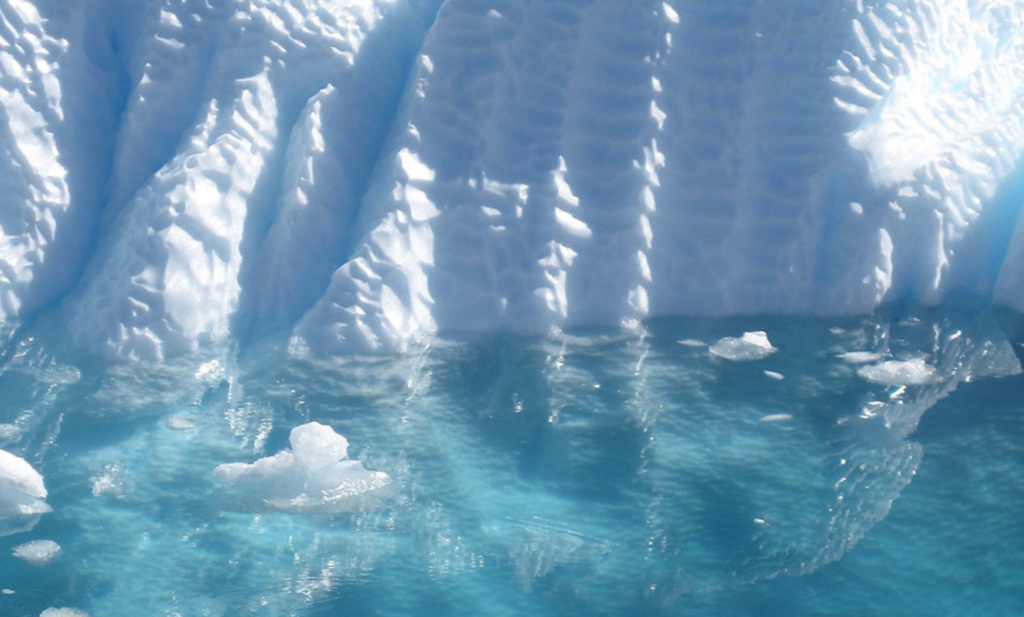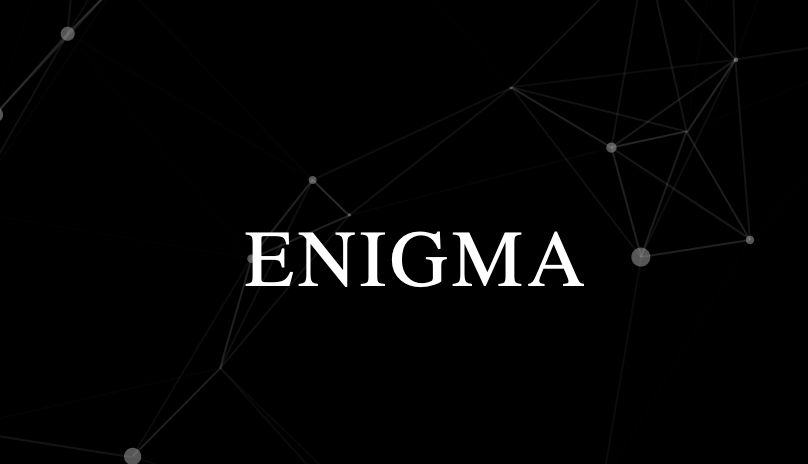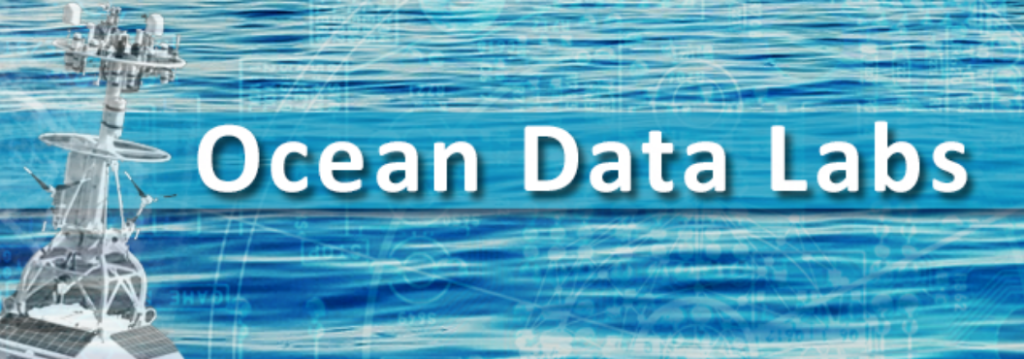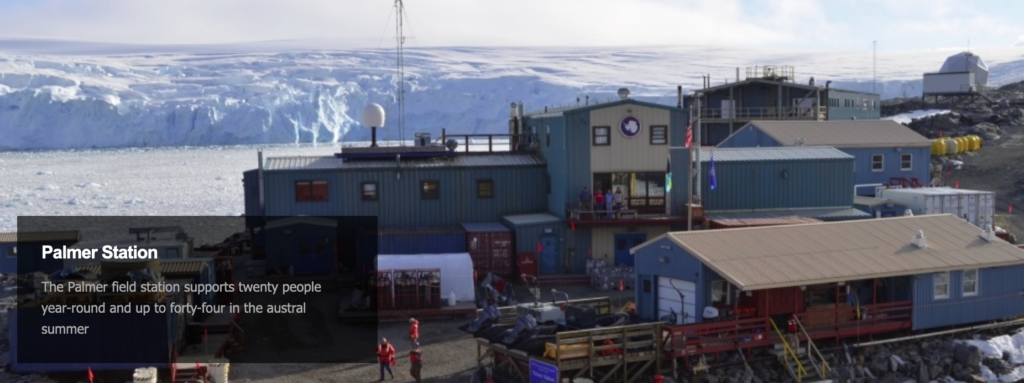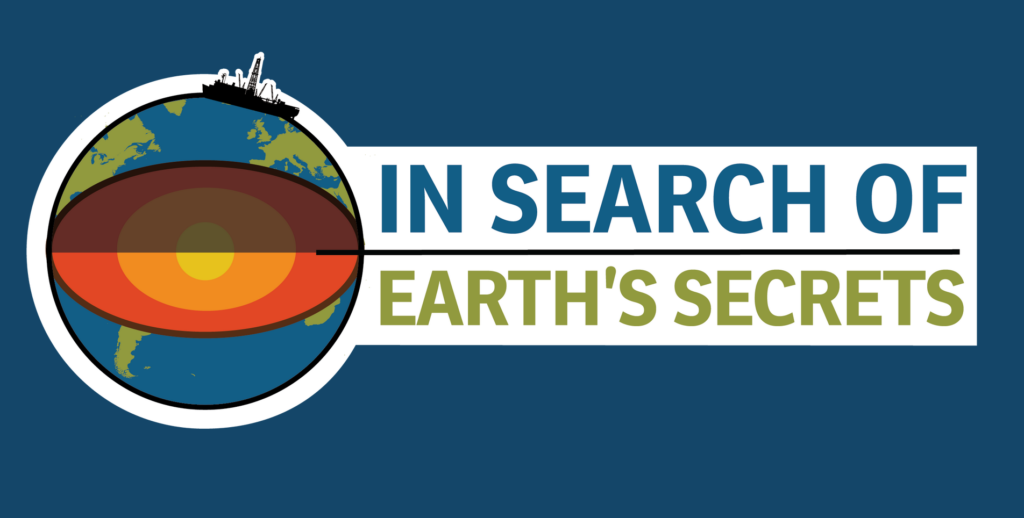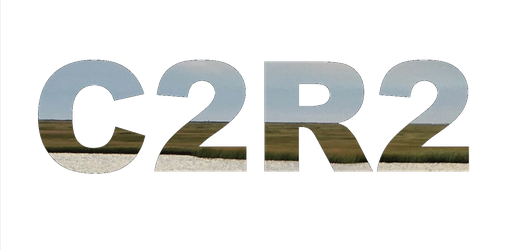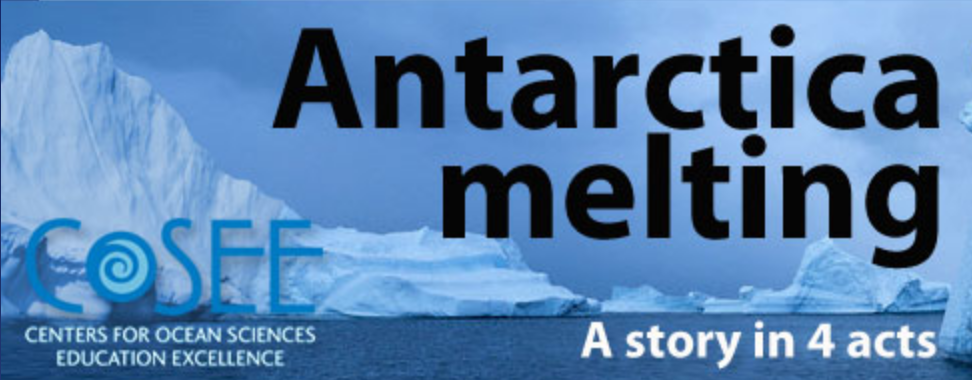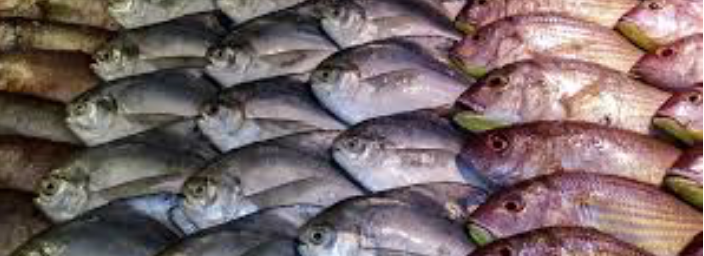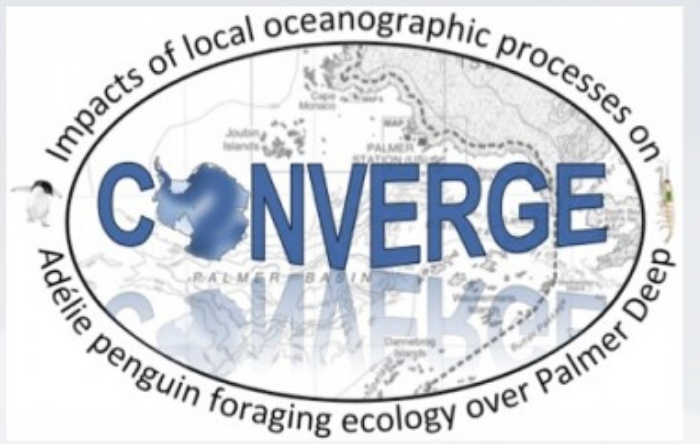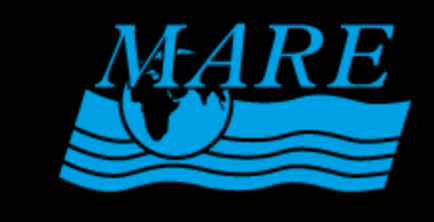- Development of educational and science communication resources We develop educational resources for formal K-16 and informal learning environments. We utilize our extensive network of collaborators to develop effective teaching materials including data visualizations, videos, lesson plans, demonstrations, and interactive programs that focus on cutting edge scientific information. We also apply storytelling techniques to the materials to humanize science and make it more accessible to broader audiences. Our education and outreach team has twenty years of experience incorporating current science and authentic data into educational activities. We have developed professional development and resource materials that offer guidance and explore how learners use data to make meaning and how educators can construct critical pathways that increase critical thinking and data literacy of their learners. We focus on developing and sharing techniques that help educators integrate data into their teaching; increase data literacy skills in learners by using data, tools, and visualizations.
- Programs designed to improve STEM learning. We develop and implement a suite of informal STEM programs and activities at Rutgers University, designed to increase public interest in science. We also offer customized educational programs co-designed and led by Rutgers faculty. Our programs focus on engaging students in the process and nature of science through effective professional development and partnership with K-12 educators and administrators.
- Assess the Impact of Education through Evaluation: We offer connections to experts who can help assess audience needs through Front End evaluation, collect data to improve program design and implementation through Formative evaluation, and collect feedback on usability on software and data visualization tools through Contextual Inquiry methods. We work with a wide range of external collaborators/experts to conduct Summative evaluation and impact assessments. Our team supports other evaluation services including needs assessment and formative evaluation.
Projects
The Tools of Science is a series of educational videos and hands on lessons designed to help students explore the nature and process of science. These short videos are designed to introduce the science and engineering practices from the point of view of practicing scientists. They help illustrate the non-linear, cyclical nature of the scientific process and the creative vision and skills needed to conduct cutting-edge, impactful scientific research. These videos and associated materials have been produced to support the implementation of the Science Framework for K-12 Science Education and the Next Generation Science Standards (NGSS). The long-term aim of this project is to produce supporting material (lesson plans, discussion prompts, and demonstrations) to complement each of the eight NGSS practices.
A program designed to connect scientists, educators, and students using data and research from the Arctic and Antarctic regions. The project is designed to
- Connect polar scientists with broader audiences and learn the art of telling science stories.
- Virtually connect 6th-12th grade students to polar research.Middle and high school educators connect their students with polar research and scientists. Educators develop data activities through the EARTH workshop, participate in focused teaching on the process of science with the Sci-I Project and Student Polar Research Symposium
- Share our lessons learned. We are documenting through evaluation the evidence of student engagement in Polar ICE data-focused classroom activities.
The Evolution of Nanomachines in Geospheres and Microbial Ancestors or ENIGMA project supports interactive K-8 Family Science Nights and after school science club programs for youth grades 4-8. This project is part of a broader approach by Rutgers scientists to engage the community in science learning. The events were coordinated and co-sponsored by the Department of 4-H Youth Development, Rutgers Cooperative Extension and funded with support from NASA and a grant from AT&T.
To stimulate and increase the publics’ knowledge and excitement surrounding the science along the western Antarctic peninsula (WAP), Palmer LTER actively engages in educational opportunities with a wide variety of partners including informal science centers, universities, science museums, aquariums, nonprofit organizations, corporations, broadcast media, community and government leaders.
Funded by the National Science Foundation, this project uses the JOIDES Resolution and her science to intrigue, engage, and inspire informal science audiences across the nation. The project uses well-designed and facilitated opportunities at museums and libraries in carefully selected locations will provide an effective mechanism to increase STEM learning access among underserved minorities, rural populations and girls.
The Raritan River has a rich history, which includes strong ties to Rutgers University. However, for Rutgers students the Raritan River has in the past been perceived as a problem, a physical barrier separating campuses experienced primarily through the windows of a bus. The R3C proposes to transform the Raritan Basin into an academic solution, an interactive field laboratory that enhances the student experience by linking science, engineering, and humanities programs through interdisciplinary classes, projects and activities that take place not only on the banks of but actually on and in the Old Raritan and its tributaries.
C2R2 seeks to prepare the workforce that will advance integrated, science-informed strategies to create resilient coastal communities. With initial support from the National Science Foundation and hosted at the Rutgers’ Institute of Earth, Oceans and Atmospheric Sciences, C2R2 is a collaborative effort of schools across the University.
Projects that use Real Data
The COOL Classroom was one of the first online resources that focused on incorporating real time data streams from the evolving ocean observing system, such as the Coastal Ocean Observation Laboratory (COOLroom) into inquiry based lessons.
COSEE NOW Databank of Data Focused Lessons: We have developed dozens of data rich lessons with our scientist collaborators, which introduce real scientific data to students.
The inclusion of problem-based and inquiry instruction, i.e., case studies, into the classroom have been shown to enhance intrinsic motivation while also increasing scientific literacy and collaboration and problem solving skills. Moreover, studies indicate that the use of case studies enhances student ability to connect multiple content areas and understand multiple perspectives around an issue. “What’s the Catch”
Professional Development Programs for Educators
MARE was an interdisciplinary science program offering year-round opportunities, including events that immerse faculty, students and families from schools and out of school clubs in the study and celebration of the ocean. The MARE program, developed by the Lawrence Hall of Science at the University of California, Berkeley, enabled us to offer dynamic, inquiry-based science to teachers at more than 55 New Jersey elementary schools. These teachers then facilitated the exploration of the ocean with students and their families through a multi-disciplinary approach. The Geraldine R Dodge Foundation and the Jacques Cousteau National Estuarine Research Reserve funded the program for 15 years.
The 4-H Department of Youth Development, the Department of Human Ecology, and the IMCS, partnered with Seawatch Incorporated, the New Jersey Sea Grant College Extension program, and members of the fishing industry to develop a comprehensive K-8 education program that exposed students to fisheries science and how it can be used in everyday life, including making decisions about the seafood we eat. This project was part of a NSF broader impact effort led by Dr. Bonnie McCay.
This project connected Kansas high school classrooms with researchers studying the synergistic effects of elevated carbon dioxide (CO2) and temperature on Antarctic krill. Students participated in research-specific science lessons, talked with the science team while they were down in Antarctica, engaged in the research mission through science and student blogs, and attended a Student Research Symposium, during which the students and scientists presented their research to one another. The NSF funded this project as part of a broader impact statement for research scientist Dr. Grace Saba.
Students are working with research scientists to learn about interdisciplinary oceanographic research taking place at the West Antarctic Peninsula in January 2015. Both students and the public, through collaborations with the Liberty Science Center and Cornell Ornithology Lab, will follow the mission blog posts and interact with scientist through Live Video Broadcasts. Moreover, students from NJ and NY (grades 6-9) will gain a greater understanding of the research and scientists through classroom lessons and a Spring Research Symposium, where they will meet the scientists. The NSF funded this project as part of a broader impact statement for research scientist Dr. Josh Kohut.
Our team participated in the development of a collection of classroom ready lessons that use data to explore climate change.
Our team participated in the development of an ocean science curriculum sequence for grades 3-5 and 6-8 produced by the Lawrence Hall of Science at UC Berkeley.


